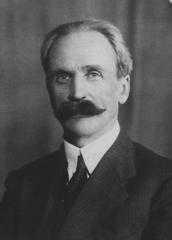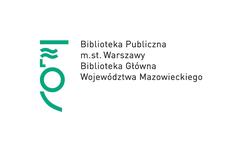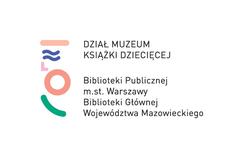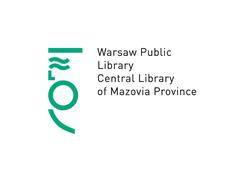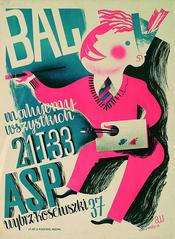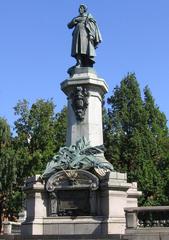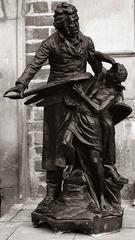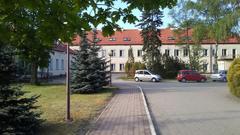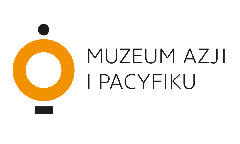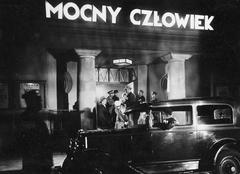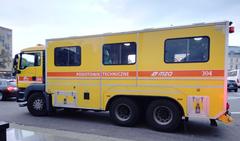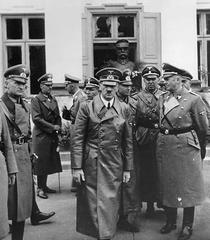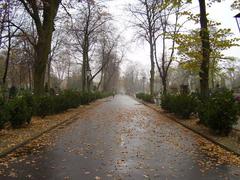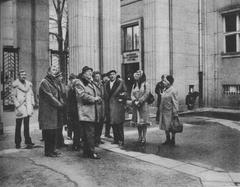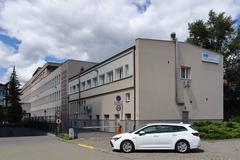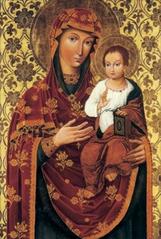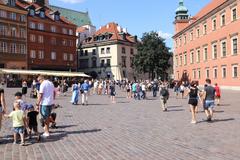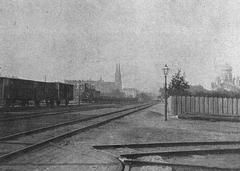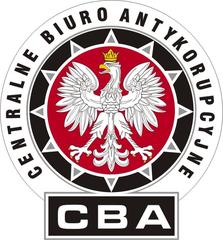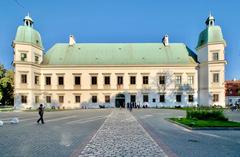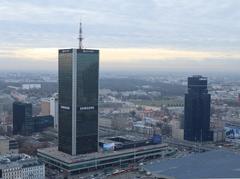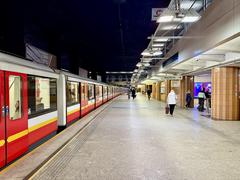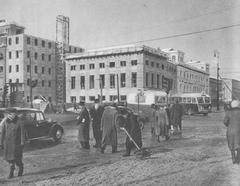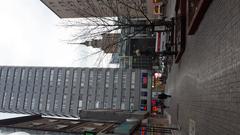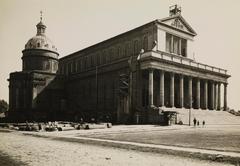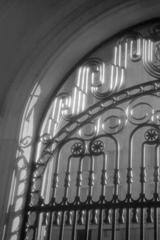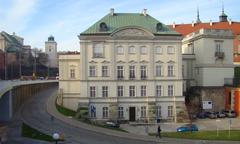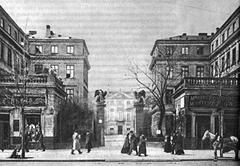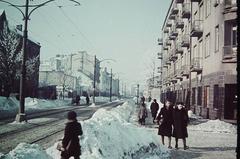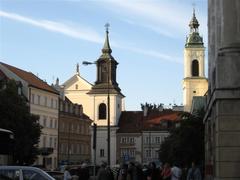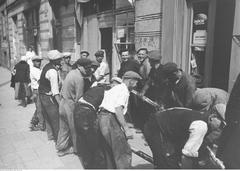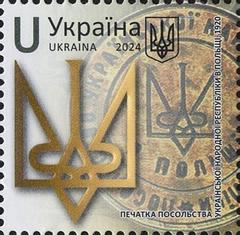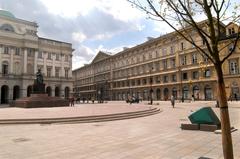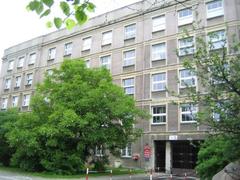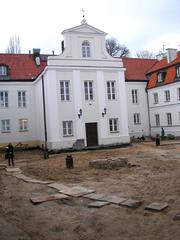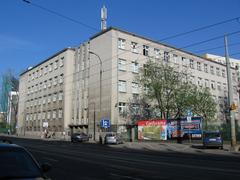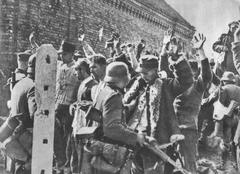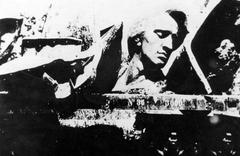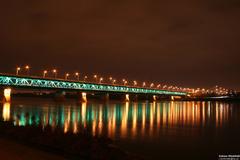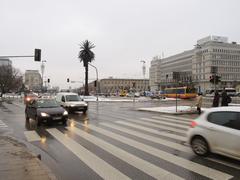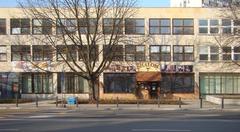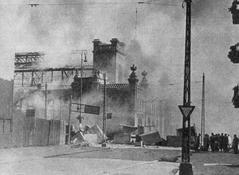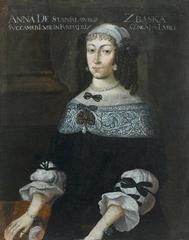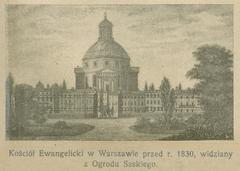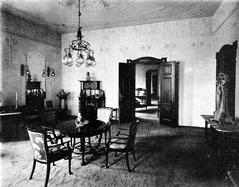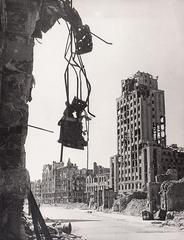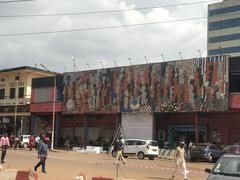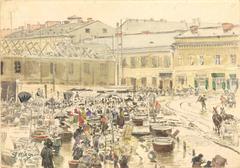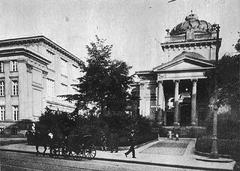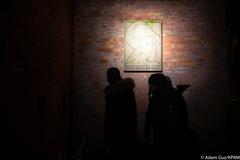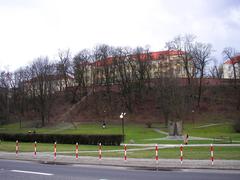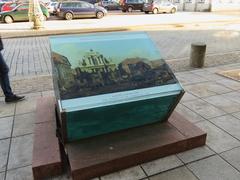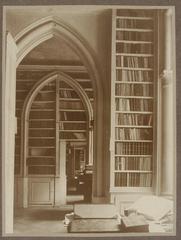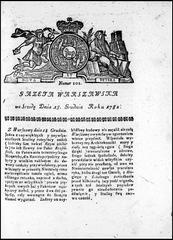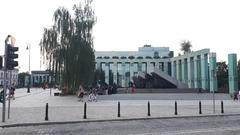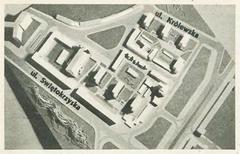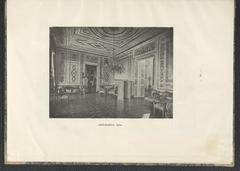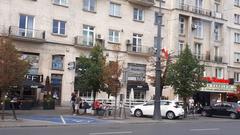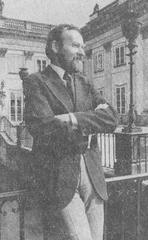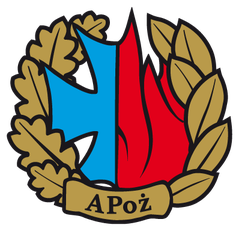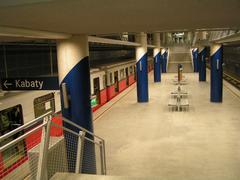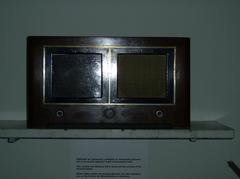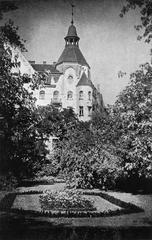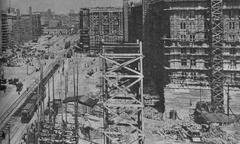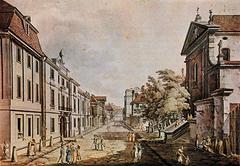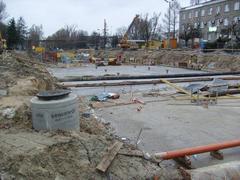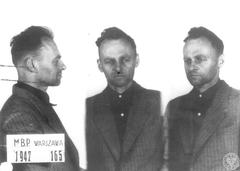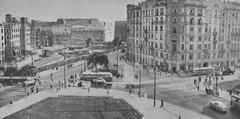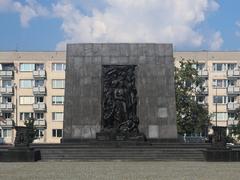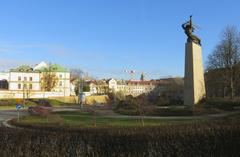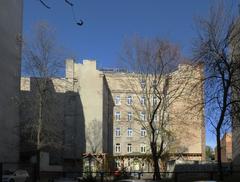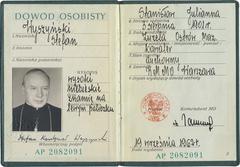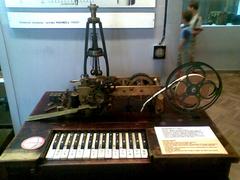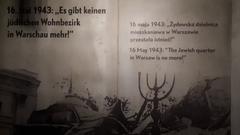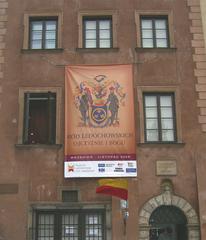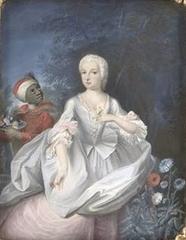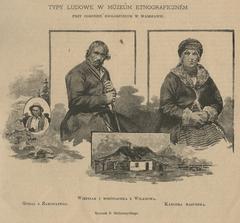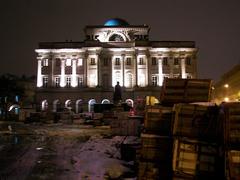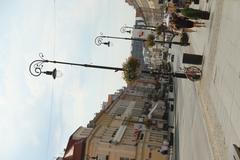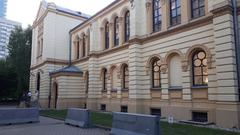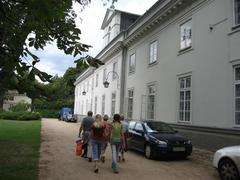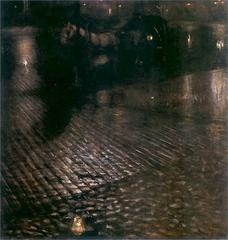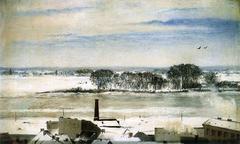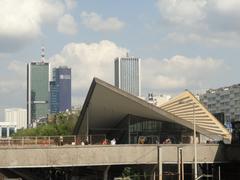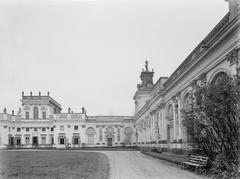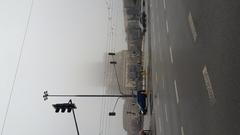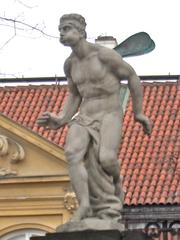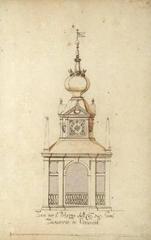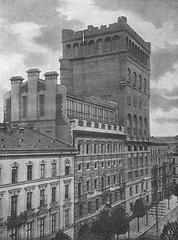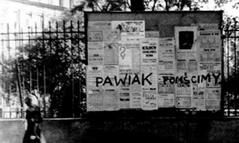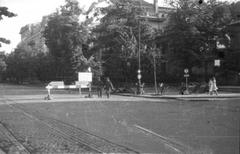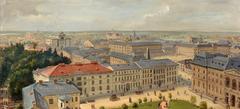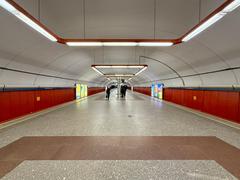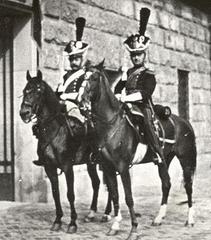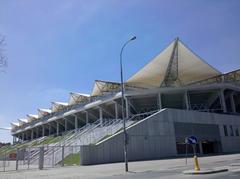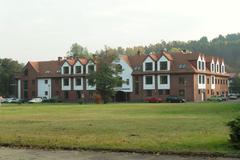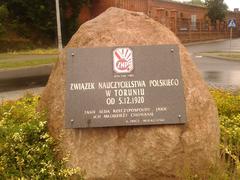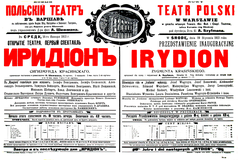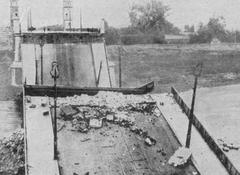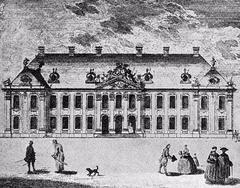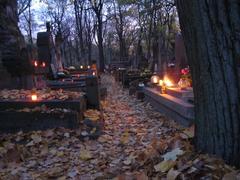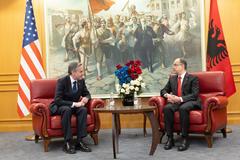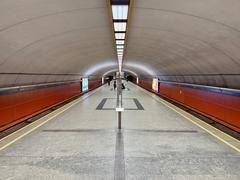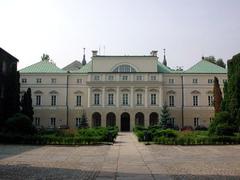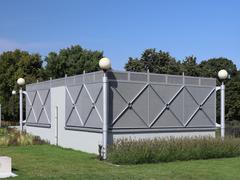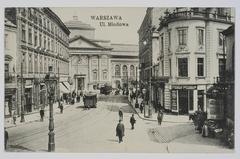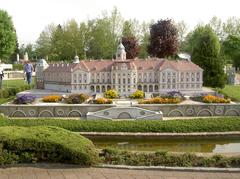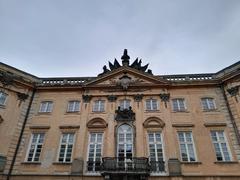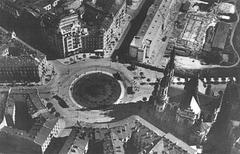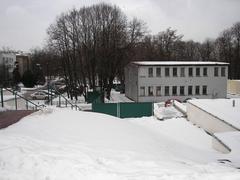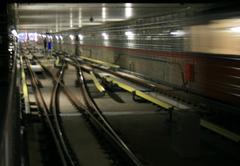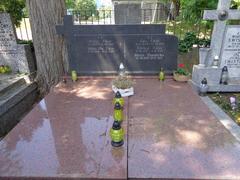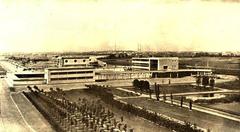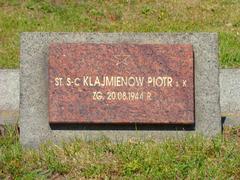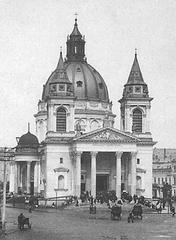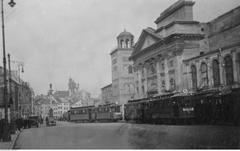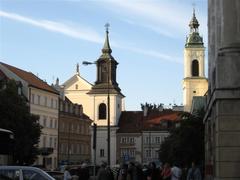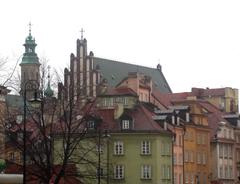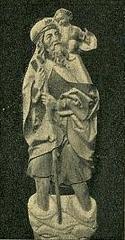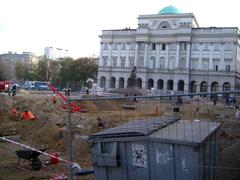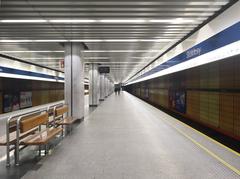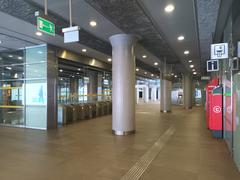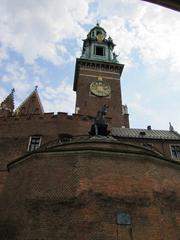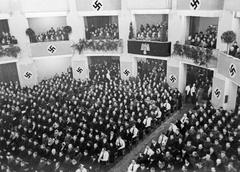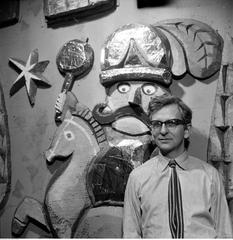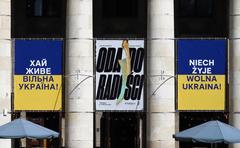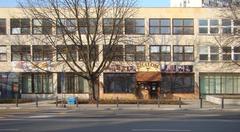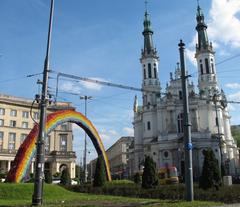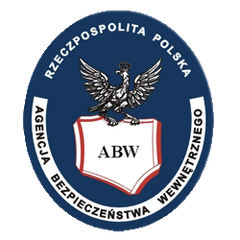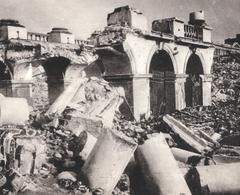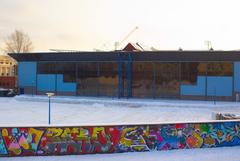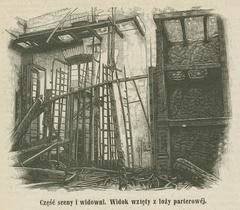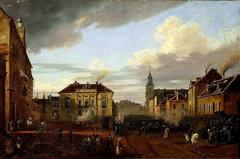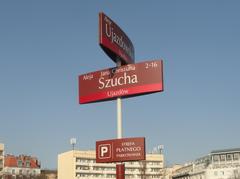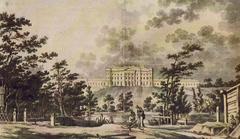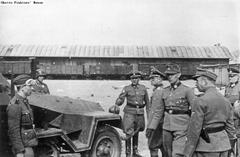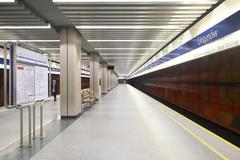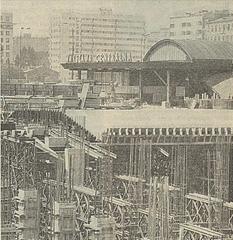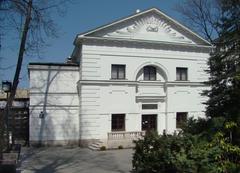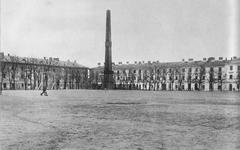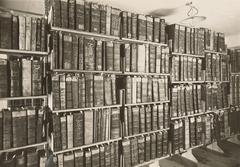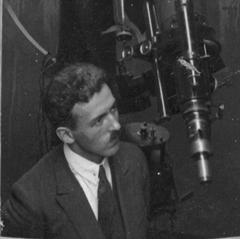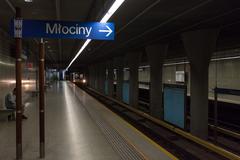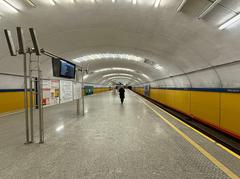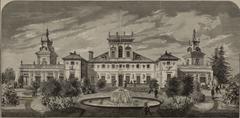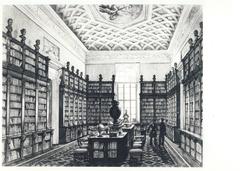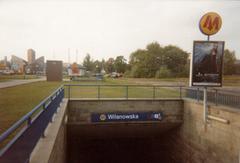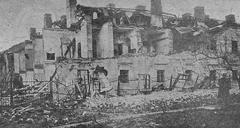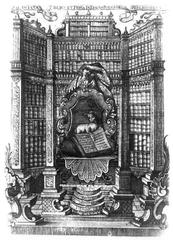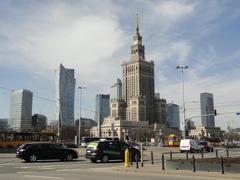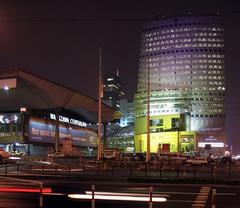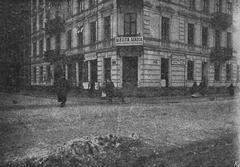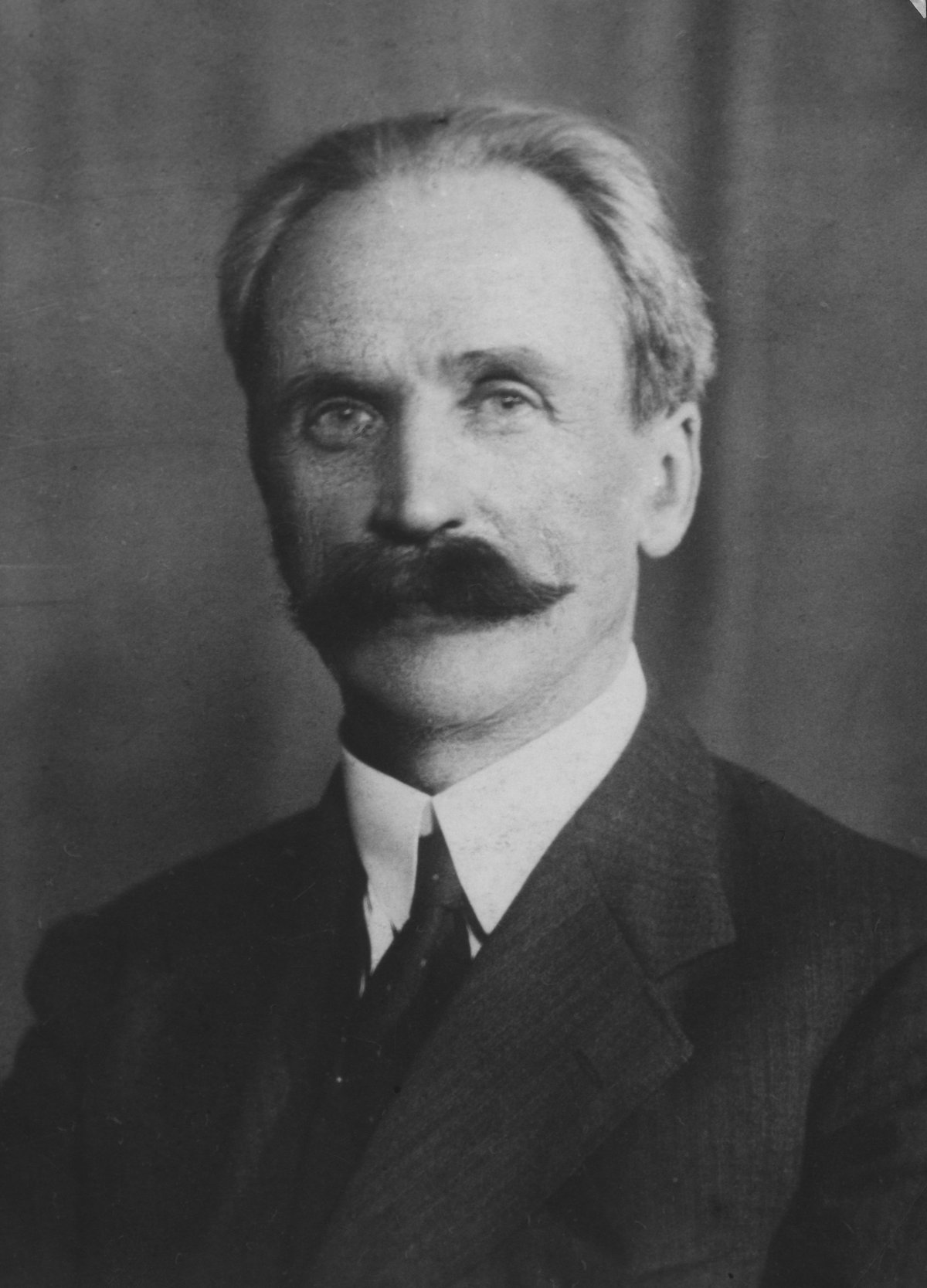
Warsaw Public Library – Central Library Of The Masovian Voivodeship
Warsaw Public Library: Visiting Hours, Tickets, and Historical Significance Guide
Date: 14/06/2025
Introduction
The Warsaw Public Library – Central Library of the Masovian Voivodeship, widely known as the “Library on Koszykowa,” is a cornerstone of Warsaw’s intellectual, educational, and cultural life. Founded in 1907 in response to the city’s need for public access to knowledge, the library embodies both the spirit of civic engagement and the resilience of Warsaw itself. Today, it stands as one of Poland’s largest libraries, housing over 1.5 million volumes, and functioning as a vibrant cultural hub at the heart of the capital (whiteMAD, Wikipedia).
This comprehensive guide outlines everything you need to know for an enriching visit—covering historical milestones, opening hours, ticket policies, accessibility, collections, visitor amenities, and how the library contributes to Warsaw’s ongoing cultural legacy.
Historical Overview
Foundations and Early Development (Late 19th Century – 1914)
The roots of the Warsaw Public Library lie in the late 19th and early 20th centuries, during a time when Warsaw’s citizens had limited access to books and education. Visionaries like Jadwiga Dawidowa and the founders of the Public Library Society campaigned for a public institution modeled after Western European and American libraries. Their efforts culminated in the library’s establishment in 1907, initially housed at 1 Rysia Street. In 1914, thanks to the philanthropy of Eugenia Kierbedziowa and the design by Jan Heurich the younger, the library moved to its distinguished premises at 26 Koszykowa Street (whiteMAD, Wikipedia).
Growth and Interwar Years (1914–1939)
During the interwar period, the library rapidly expanded its collections through generous donations and acquisitions, becoming a major center for research and public education. By the onset of World War II, its holdings had reached 500,000 volumes, cementing its position as a leading intellectual institution in Poland (whiteMAD, Wikipedia).
World War II and Reconstruction (1939–1975)
The devastation of World War II saw the library suffer immense losses: about 84% of its collection was destroyed or looted during the Warsaw Uprising and subsequent German retreat. Despite the damage, the library reopened in 1945, supported by donations and concerted reconstruction efforts. By 1975, it was officially designated as the main library of the Masovian Voivodeship, highlighting its regional significance (whiteMAD).
Modernization and Continued Growth (1975–Present)
In recent decades, the library has undergone extensive modernization, including the expansion of reading rooms, digital resources, and the creation of accessible facilities. Its collections now encompass rare manuscripts, Polish literature, regional “varsaviana,” and extensive digital archives. The Children’s Book Museum and regular cultural programming further solidify its status as a dynamic center for learning and community engagement (whiteMAD, librarytechnology.org).
Visiting Information
Location and Accessibility
- Address: 26 Koszykowa Street, Warsaw (South Downtown, near Constitution Square)
- Transport: Easily accessible by trams, buses, and Metro; a short distance from major city landmarks.
- Accessibility: The library is fully accessible, featuring ramps, elevators, and adapted restrooms for visitors with disabilities.
Visiting Hours
- Monday to Friday: 9:00 AM – 8:00 PM
- Saturday: 10:00 AM – 6:00 PM
- Sunday: Closed
Hours may vary on public holidays; always check the official website for current information.
Tickets and Admission
- General Admission: Free for all visitors.
- Special Exhibitions/Events: Some may require advance registration or tickets.
Registration and Library Cards
- Library Card: Required for borrowing materials; available to residents and long-term visitors with valid ID.
- Short-Term Passes: Offered for tourists and temporary visitors.
Collections and Resources
Overview
The Warsaw Public Library holds over 1.5 million items, including:
- Fiction and non-fiction books
- Periodicals, newspapers, and rare journals
- Manuscripts and archival documents
- Maps, atlases, and “varsaviana” (materials focused on Warsaw and Masovia)
- Audiovisual and digital resources
Special Collections
- Rare Books and Incunabula: Early printed works and manuscripts, accessible by appointment.
- Children’s Book Museum: A dedicated space for young readers, hosting exhibitions and educational programs.
- Digital Library: Online resources, e-books, and periodicals accessible both on-site and remotely (librarytechnology.org).
Research Support
- Online Catalog: Enables visitors to search and reserve materials in advance.
- Public Computers & Wi-Fi: Available throughout the building.
Visitor Services and Amenities
- Reading Rooms: Quiet study areas, collaborative spaces, and group work zones.
- Free Wi-Fi and Computer Terminals: Available throughout the library.
- Printing and Photocopying: Small fees apply.
- Accessible Facilities: Elevators, ramps, and adapted restrooms.
- Staff Assistance: Multilingual support; most staff speak Polish and English.
- Photography: Allowed in public areas; restrictions may apply in special collections or during events.
Events, Tours, and Cultural Programs
The library hosts a variety of cultural and educational events year-round, including:
- Author readings and book launches
- Workshops and exhibitions
- Guided tours focusing on architecture, history, and collection highlights (check website for schedule)
- Participation in international projects, such as the Dublin Literary Award (Dublin Literary Award library profile)
Nearby Attractions
Enhance your visit by exploring:
- Constitution Square (Plac Konstytucji): Postwar socialist realist architecture.
- Teatr Polonia: Contemporary theater performances.
- MDM Quarter: Historic urban design.
- National Museum, University of Warsaw Library, and Warsaw’s literary cafés
Preservation, Innovation, and Community Role
Conservation Efforts
The library is committed to preserving Warsaw’s literary and historical legacy through:
- Restoration and conservation of rare materials
- Digitization projects (degruyter.com)
- Climate-controlled archival storage
Community Engagement
- Lifelong Learning: Workshops, language courses, and family programming
- Social Inclusion: Partnerships with local organizations, support for vulnerable populations, and accessible resources (WCPL Facility Master Plan Report, 2024)
- Cultural Anchor: The library serves as a vibrant community hub, fostering intercultural dialogue and bridging social divides.
Practical Visitor Tips
- Best Times: Weekday mornings tend to be quieter.
- Language: Many signs and the catalog are bilingual (Polish/English).
- Food/Drink: Not allowed in reading rooms; nearby cafés available.
- Plan Ahead: Use the online catalog and check event calendars before your visit.
Frequently Asked Questions (FAQ)
Q: What are the Warsaw Public Library visiting hours?
A: Monday–Friday: 9:00 AM – 8:00 PM; Saturday: 10:00 AM – 6:00 PM; closed Sundays.
Q: Is admission free?
A: Yes, general admission is free. Some events or exhibitions may require tickets.
Q: Are guided tours available?
A: Yes, guided tours can be booked via the library’s website.
Q: Is the library accessible for visitors with disabilities?
A: Yes, the library offers ramps, elevators, and adapted restrooms.
Q: Can I use digital resources from outside the library?
A: Yes, online catalogs and digital collections are accessible remotely.
Contribution to Warsaw’s Cultural Landscape
The Warsaw Public Library is more than a collection of books—it is a living symbol of Warsaw’s cultural resilience and intellectual spirit. Strategically located near major landmarks, it serves as both a destination for researchers and a welcoming space for the general public. Its ongoing modernization, focus on inclusivity, and rich programming ensure its continued relevance in the city’s cultural fabric (Mapcarta, polskakultura.com).
Plan Your Visit
For the most up-to-date information on hours, events, and visitor guidelines, check the library’s official website.
Discover more cultural destinations with the Audiala app, and follow the library and Audiala on social media for the latest updates on exhibitions, workshops, and travel tips.
Sources and Further Reading
- Historical treasury of knowledge: the history and present day of the Public Library of the City of Warsaw (whiteMAD)
- Warsaw Public Library – Central Library of the Masovian Voivodeship (Wikipedia)
- Warsaw Public Library: Hours, Tickets, Collections & Historical Significance (librarytechnology.org)
- Masovian Voivodeship – The Vibrant Life of Warsaw (polskakultura.com)
- WCPL Facility Master Plan Report, 2024 (WCPL Facility Master Plan Report, 2024)
- The Office of the Marshal of the Mazowieckie Voivodeship in Warsaw (mazovia.pl)
- Preservation and Restoration of Library Materials (degruyter.com)
- Polish Libraries (Polish Libraries)
- Mapcarta – Warsaw Public Library (Mapcarta)
- ibnbattutatravel.com – Masovian Voivodeship (ibnbattutatravel.com)
- Dublin Literary Award library profile (Dublin Literary Award library profile)
